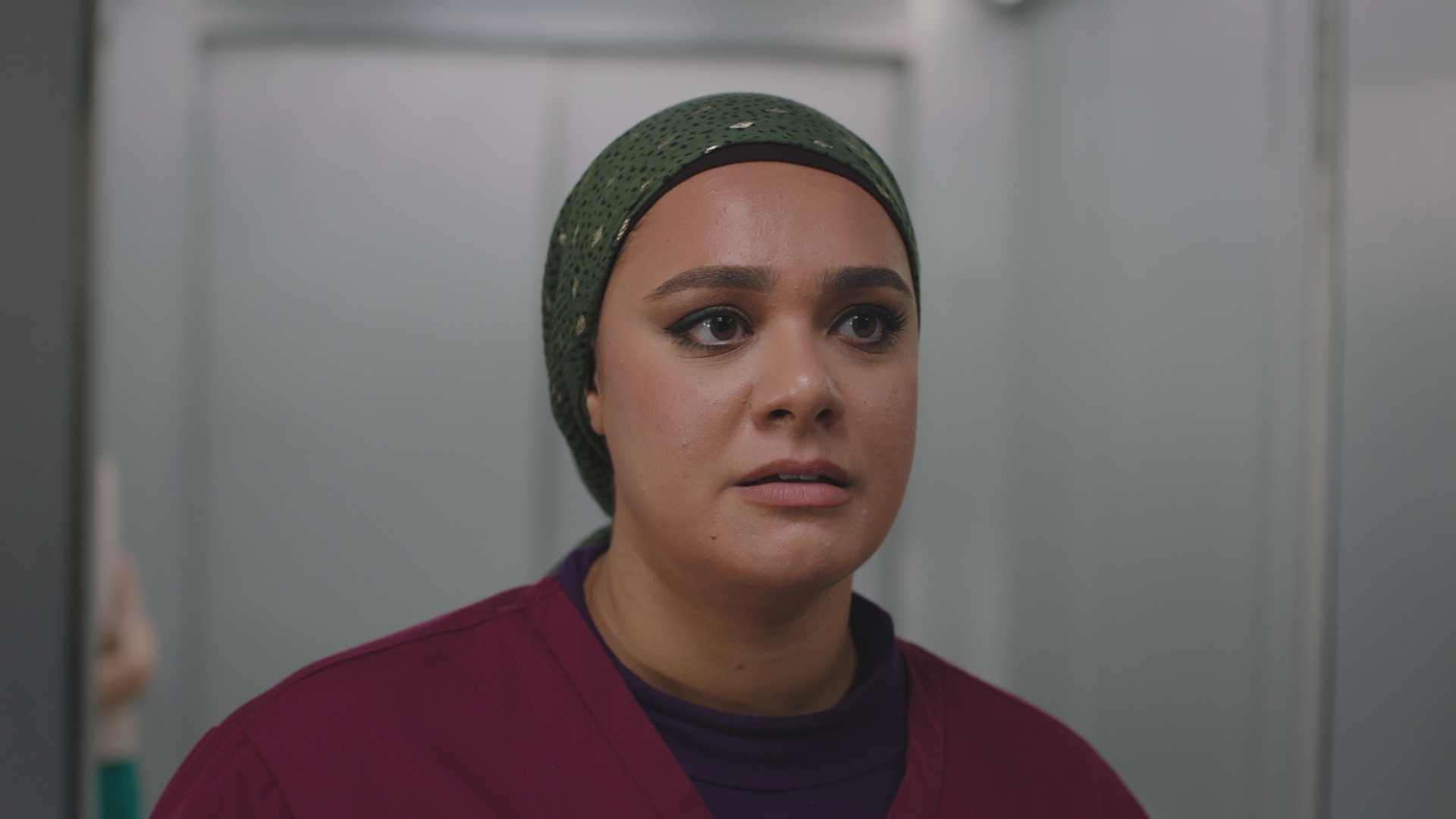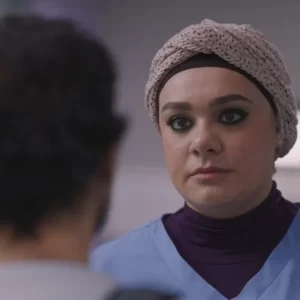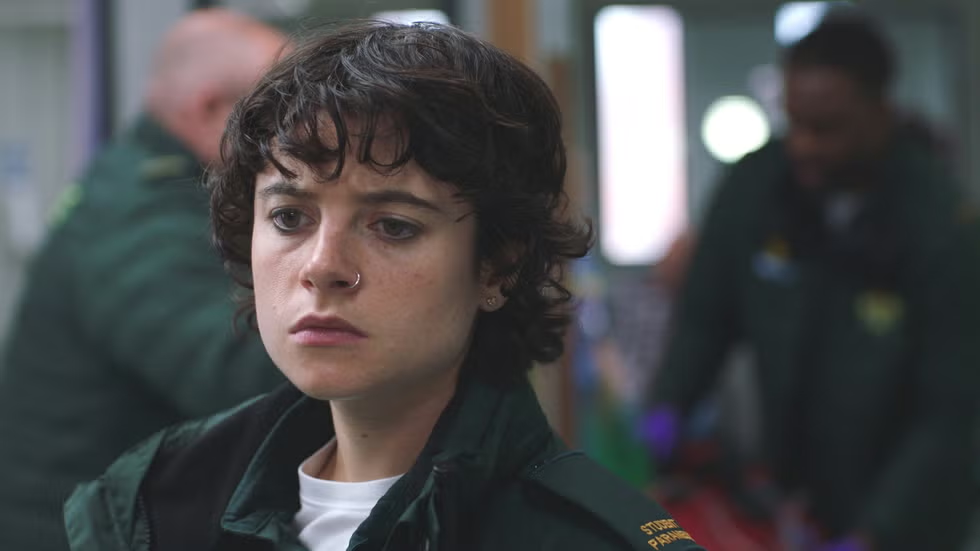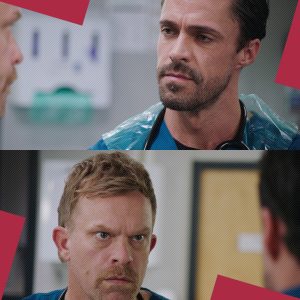In this emotionally layered Casualty storyline, Rida Amaan finds herself navigating treacherous waters as she continues to grapple with the complexities of workplace dynamics—particularly when it comes to her enigmatic superior, Russell Whitelaw. What begins as a moment of professional courage soon spirals into a situation that leaves Rida questioning her judgment and her loyalties.
After recently rebuilding trust with Sean Redmond and feeling more confident in her place within the surgical team, Rida is inspired to speak up when Russell makes yet another outdated, sexist comment. In front of her colleagues, she confronts the senior surgeon with professionalism and poise, expecting to be met with resistance or dismissal. However, to her surprise, Russell listens attentively and seems to take her feedback in stride. His response is calm, measured—even gracious—which throws Rida off balance.
Encouraged by this apparent progress, Rida begins to view Russell through a more forgiving lens. She tells herself he’s not malicious, just a man from another era—a traditionalist with sharp edges, perhaps, but ultimately harmless. His old-school charm and ability to feign humility win her over. This shift in perspective blinds Rida to the more insidious elements of Russell’s behavior and allows her to believe she’s making a meaningful difference in changing the culture of the ward.
However, it’s clear not everyone shares Rida’s optimism. Nicole Piper, who has long been wary of Russell and more attuned to the subtle ways he exerts power, raises concerns. But instead of showing solidarity, Rida—perhaps wanting to prove her own maturity and judgment—defends Russell in a way that’s surprisingly dismissive. In doing so, she inadvertently undermines Nicole’s experience and perspective, leaving her colleague feeling alienated and invalidated.
The fallout is immediate. Nicole is visibly hurt, blindsided by Rida’s uncharacteristically cold stance. And Rida, though initially convinced she’s done the right thing, starts to feel the weight of her actions. A quiet moment of reflection—captured in a scene where she stands alone, concerned and visibly saddened—hints that she may be starting to question whether she’s been played by Russell’s charm.
What Rida doesn’t yet realize is that Russell’s ability to maintain his image while manipulating those around him is part of a much deeper pattern. The question now isn’t just whether Russell is truly harmless—it’s whether Rida has compromised her integrity by choosing to believe he is.
This nuanced storyline highlights the often subtle and complicated nature of workplace sexism, especially in hierarchical environments like hospitals. It also explores the difficult choices women face when they try to navigate these spaces—whether to challenge authority head-on or attempt to reform it from within, and what it costs them either way.
As tensions between Rida and Nicole simmer, and Russell continues to operate in his usual slippery fashion, one thing is certain: Rida’s journey through this ethical minefield is far from over.
Buoyed, Rida later takes Russell Whitelaw (Robert Bathurst) to task for a sexist comment and, once again, the senior surgeon appears to take her comments onboard gracefully.
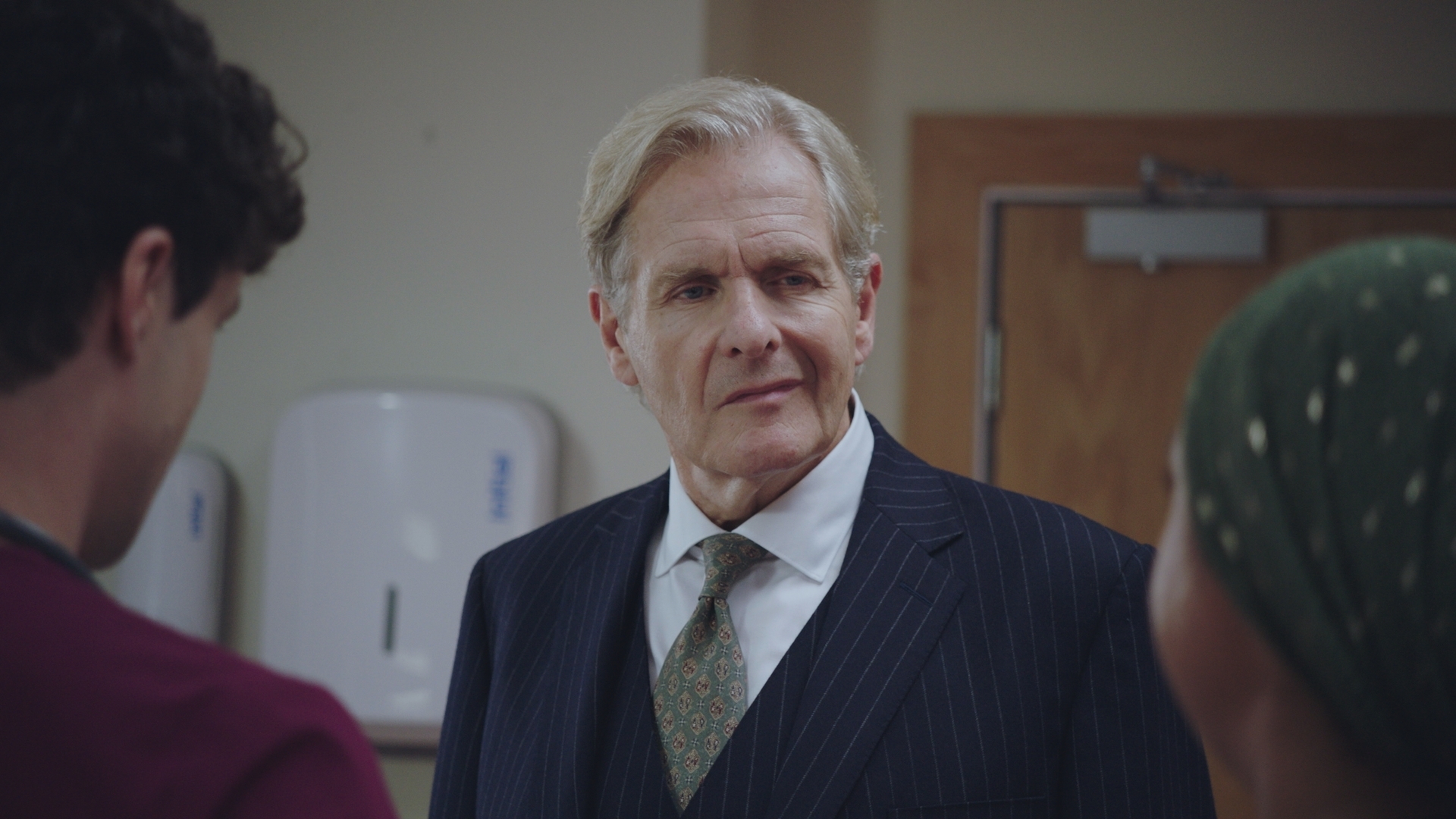
Believing she’s making an impact and that Russell is merely stuck in his ways but ultimately harmless, Rida ends up defending their boss to Nicole in an uncharacteristically unkind manner…
